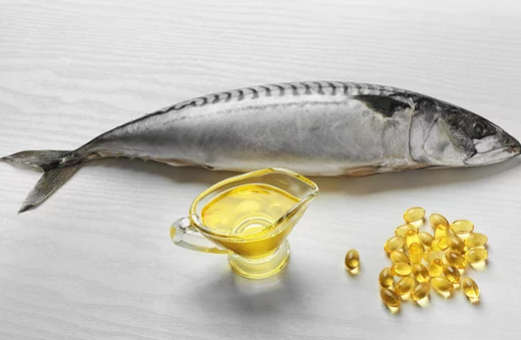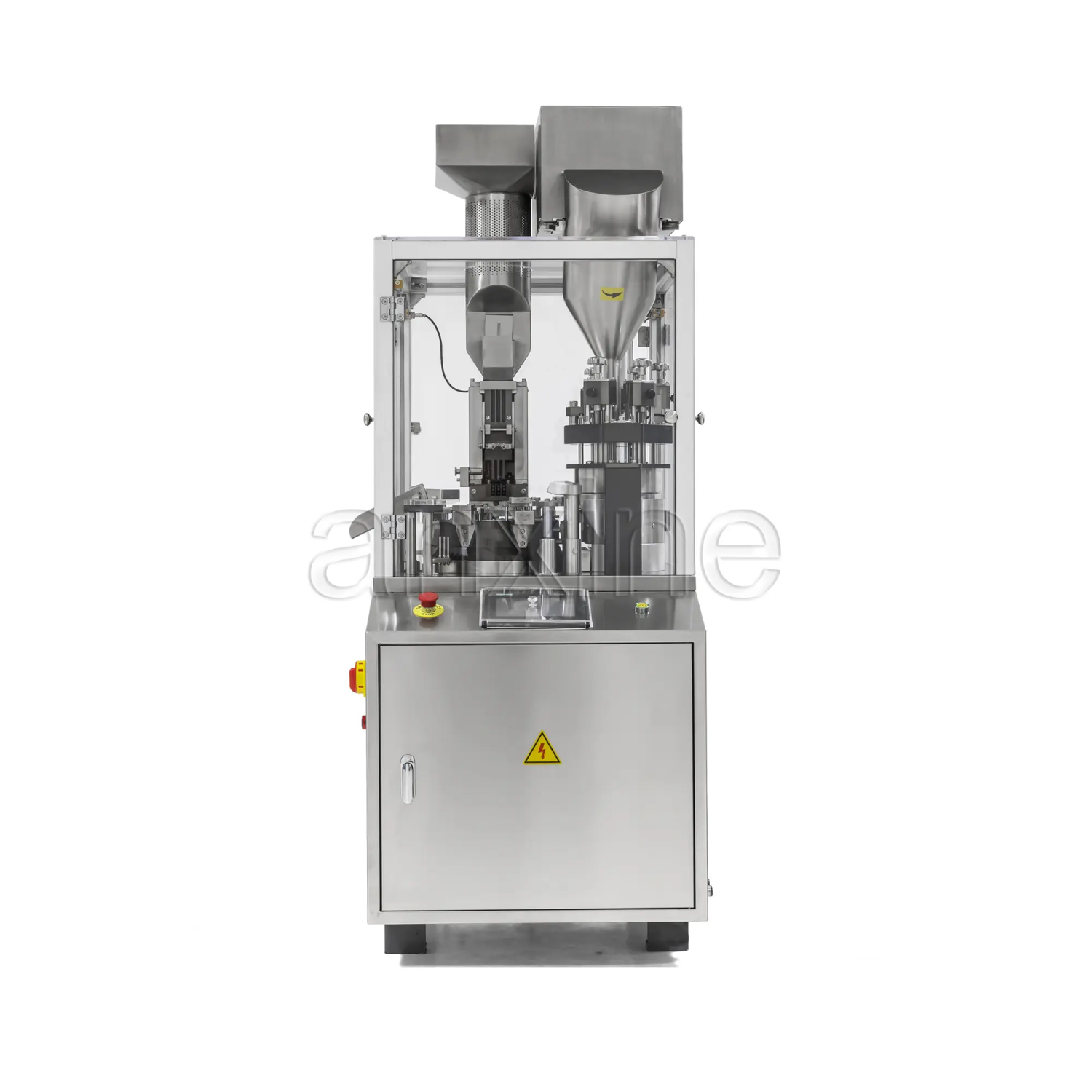Omega-3 capsules have become one of the most popular health supplements in recent years. The global market keeps growing as more people focus on heart and brain health. Supermarkets, pharmacies, and online stores now offer hundreds of different types, from low-cost fish oils to premium vegan formulas. If you want to produce this type of capsule, a good understanding is important.
What does omega-3 do in the body?

Omega-3 is a healthy component that can only be absorbed through food. It plays a key role in human health. The fat keeps the heart, brain, and eyes working well. Omega-3 could be divided into EPA, DHA, and ALA.
EPA and DHA mainly come from marine creatures, like fish and algae. These two forms are most directly used by the body. They are known for their heart and brain benefits. ALA is from plants such as flaxseed and walnuts. The body can change ALA into EPA and DHA, but the conversion rate is very low. That is why many people prefer to take fish oil or algae oil capsules to make sure they get enough EPA and DHA.
Because bodies can’t produce omega-3 on their own, omega-3 supplements are widely popular. They support daily nutrition for people of all ages. Those who are vegetarians or people who dislike seafood often choose omega-3 supplements.
What are oil supplements good for?
Omega-3 pills are a simple and reliable way to get the right amount of healthy fats every day. They support many parts of the body. Omega-3 helps keep the heart in good condition. It can lower triglyceride levels, support normal blood pressure, and maintain flexible blood vessels. People who take omega-3 regularly may have a lower risk of heart problems over time.
Moreover, DHA is one of the main fats in the brain. It supports memory, focus, and mood balance. Enough DHA is also important for children’s brain development and for older adults who want to keep their minds sharp. For eye health, omega-3 can help reduce dryness and tiredness caused by long hours in front of screens. This problem is common among office workers and students.
Fish oil vs algae oil

These two sources are both popular ingredients to make omega-3 pills. But they differ in origin and target consumers.
Fish oil comes from fatty fish such as anchovies, sardines, and mackerel. These fish naturally contain high levels of EPA and DHA. Modern refining and deodorizing processes help remove impurities and reduce the fishy smell. Because of its wide availability, fish oil remains the most common choice for large-scale production and everyday use. However, fish oil may carry a higher risk of contamination with heavy metals or ocean pollutants if not properly purified.
Algae oil, on the other hand, is made from marine microalgae, which are the original source of omega-3 in the ocean food chain. It contains DHA and EPA in some strains. Since algae can be cultivated in controlled environments, the oil usually has a lower contamination risk and a cleaner taste. Algae oil doesn’t contain any animal ingredients, suitable for vegans and people with limited diets. The main disadvantage is its higher production cost compared to fish oil.
The table below shows a simple comparison between these two types.
| Differences | Fish oil | Algae oil |
| Source | Fatty fish like anchovies and sardines | Marine microalgae |
| Main components | High EPA and DHA | Mainly DHA, sometimes EPA |
| Target customers | General consumers | Vegetarians, vegans, and people allergic to fish |
| Taste and smell | Light fishy odor | Mild or neutral taste |
| Price | Lower | High |
| Environmental impact | Depends on fishing practices | More sustainable |
How to choose the suitable omega-3 capsules for making?
For manufacturers, the right omega-3 capsule selection involves more than just choosing an oil source. The process requires strict quality control, production standards, and consumer expectations. Each decision affects the product’s stability, absorption, and market competitiveness. Here are some common elements for your reference.
Raw material source
The quality of omega-3 capsules is closely connected with the oil source. Marine-based oils like sardine and mackerel provide high EPA and DHA levels. If you want to make DHA supplements, a reliable oil supplier is important. They need to provide clear information about where the fish come from and how they are harvested. A supplier with traceable catch records can show the full journey of the raw material. It always ranges from the fishing area to the final oil. This traceability helps confirm that the source is clean, legal, and consistent.
Purity and testing standards
Heavy metals, dioxins, and PCBs represent common contaminants in marine oils. A strict testing system is essential to guarantee purity. Many manufacturers choose third-party testing companies like IFOS or USP to demonstrate compliance with global safety standards. Regular batch testing and certificates of analysis also support consumer trust and help meet export requirements.
Production cost
The final price depends on several factors. They include raw material quality, oil type, concentration, and encapsulation technology. Marine oils with high EPA and DHA content usually cost more than standard fish oils. Because they require extra refining steps to remove impurities and improve stability. Capsule shell materials also influence cost. Bovine gelatin is more affordable, while fish gelatin and plant-based HPMC options cost more.
In addition, you should consider the filling equipment. High-end or fully automatic capsule filling machines or liquid capsules are the most expensive. But they feature the highest efficiency and precision. They can process large volumes with accurate dosing quickly. These machines reduce oil waste, improve capsule uniformity, and lower the risk of leakage or oxidation. For large-scale factories, this investment could bring more profits over time through higher output and lower labor costs.

If you run a small business, you may choose semi-automatic capsule fillers. These machines have a lower purchase price and efficiency with less labor. You need to select the best one based on your customers’ preferences and balance your costs.
The end
Omega-3 capsules have become a simple and reliable way to support daily health. Whether made from fish oil or algae oil, they provide essential fatty acids that help maintain body health. The best choice depends on each person’s lifestyle and dietary habits.
If you want to be involved in this business, a strict and safe production is needed. You not only focus on sourcing high-quality raw materials but also on controlling every step of production. Certified equipment and transparent COA documentation help build brand trust and meet regulatory standards. Then you can build a strong reputation and stay competitive in the expanding global omega-3 market.